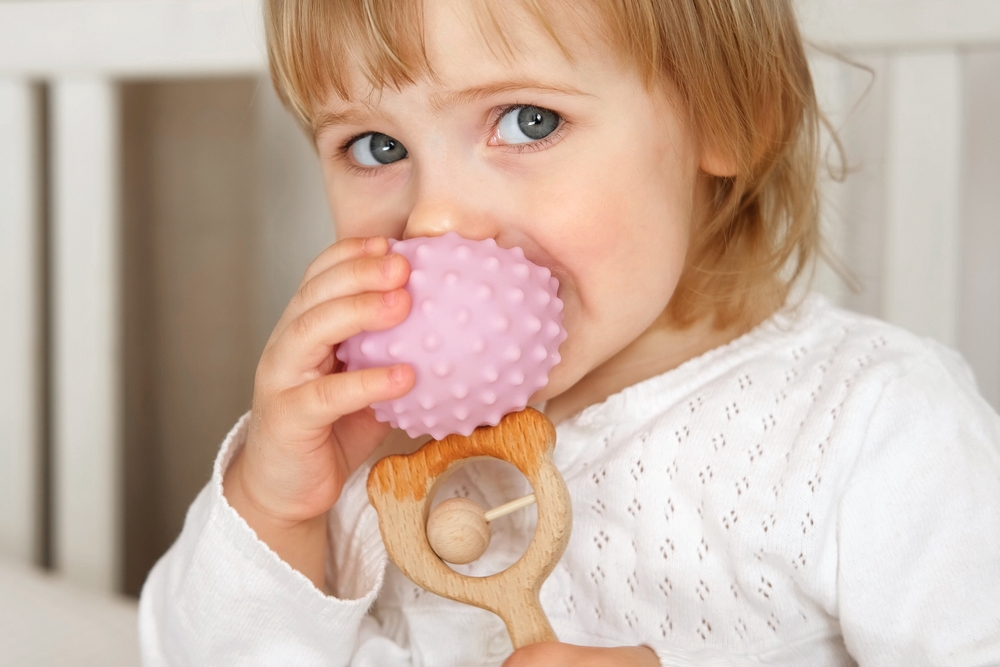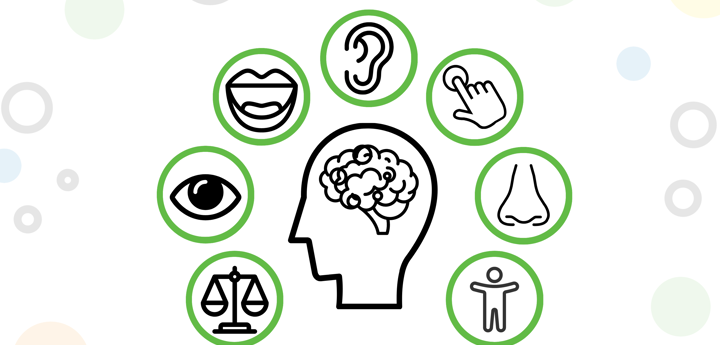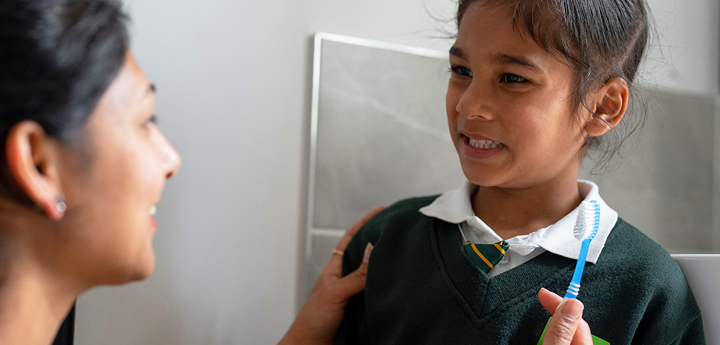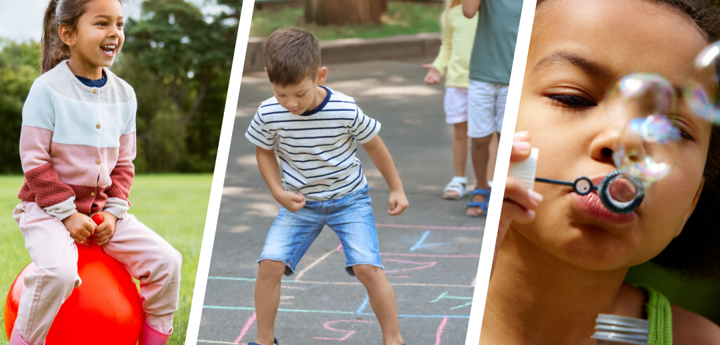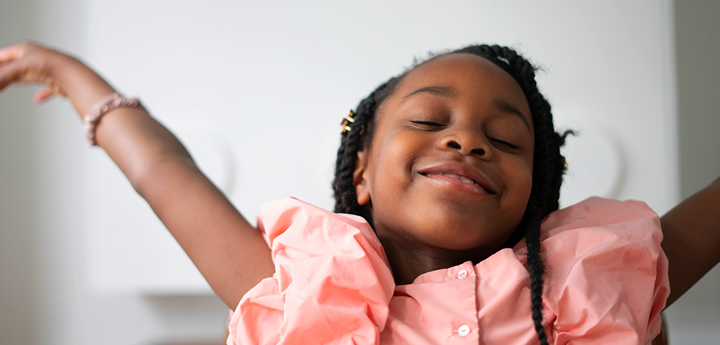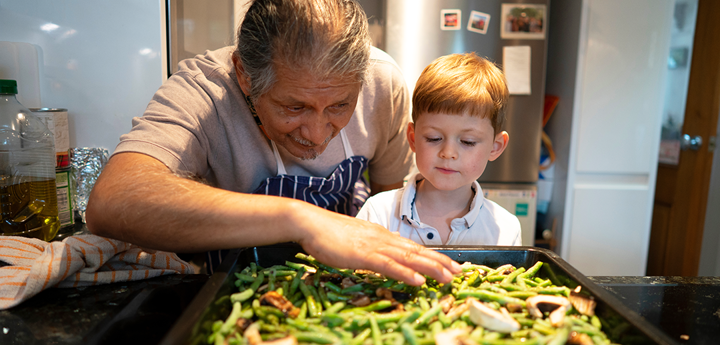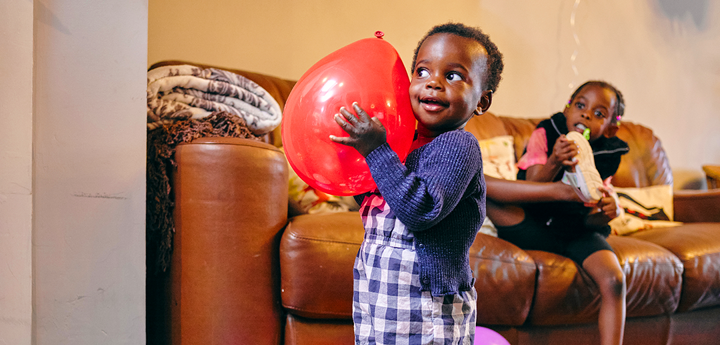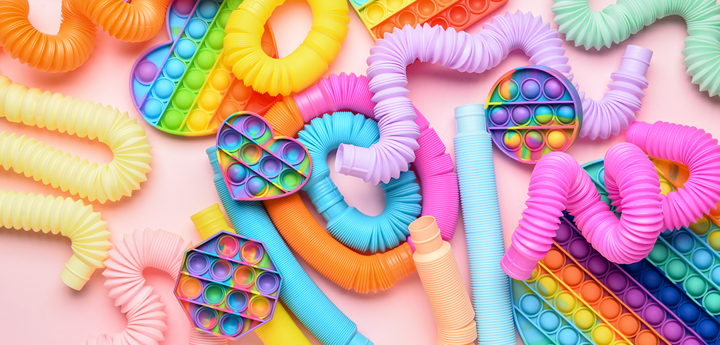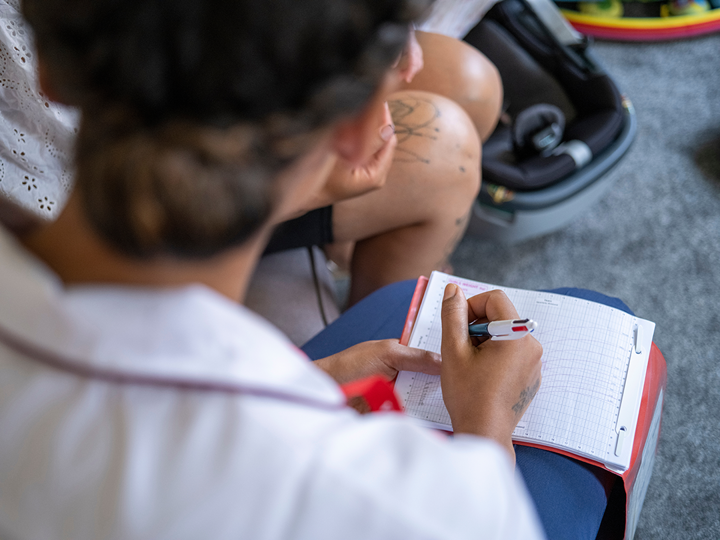Playing strategies for sensitive children
- 0-1 Years
- 1-5 Years
- SEND
- Behaviour, emotions and mental health
- Child development and growing up
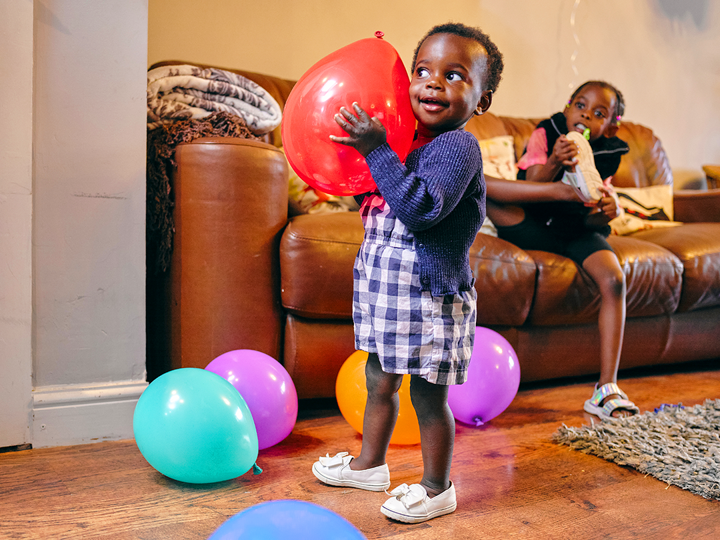
Playing is very important for your child's development. Children learn lots of essential skills as they play. It's a safe time for them to learn about themselves and the world around them, how they move their body and how to communicate with other people.
Sensitive children and young people can find it difficult to regulate their senses. This means it can be harder for them to play. They may avoid doing certain activities or playing with other children. There are various strategies that can be used to help your child or young person.
Explore the topics on this page:
Introducing a new strategy
Each child and young person is unique. When considering strategies, make sure to keep your child or young person in mind. This is a trial and error process. So, when one strategies doesn't work, there may be another strategy to try instead.
When trying a new strategy, give yourself and your child or young person the best chance to succeed. Try to start a new strategy at the end of the day, a weekend or during a school break. This reduces the pressure to get the task or activity done in a short timeframe.
It is important that when you trial a new strategy you:
- Communicate with your child. You can use communication aids like social stories, picture symbols, visual schedules and sequence strips.
- Stay consistent. By sticking to a routine, your child can learn what is going to happen next. This helps reduce the stress around self-care activities.
- Keep the surroundings organised. Try to make sure things are put back in their place. This helps teach your child that this is where the item belongs. They will then be able to find the item by themselves and be more independent.
Messy play for sensitive children
Messy play uses a lot of different senses, which can be overwhelming or distressing to some children. They may not want to take part or avoid messy play completely.
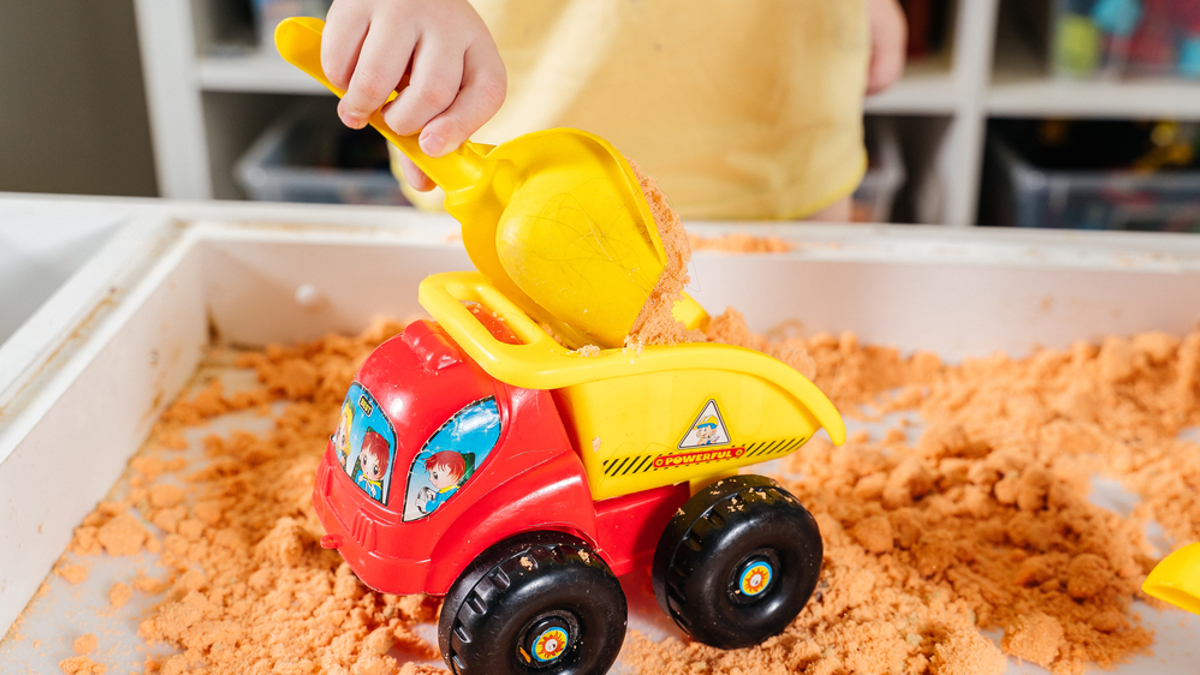
Messy play is great for child development. It helps children learn about the world and develop important skills such as hand-eye coordination and social skills. Read more about messy play.
Ideas to help encourage your child to take part in messy play:
- Using familiar toys. For example, use a toy car from home in a paint tray with paint.
- Using tools to play. Your child can play with materials using long-handled tools like long handled plastic trowels. Once they are comfortable using these tools you can move onto using short handled tools like plastic trowels.
- Wearing gloves during messy play. This can let your child can play with materials using their hands. They won't be able to feel the upsetting or unusual textures.
- Put messy materials in a zip-seal bag. Having the messy materials in the zip-seal bag lets your child explore the materials closely. This can also make messy play a little less messy.
- Grade activities from neat or clean to messy. This helps your child to know what to expect with the task. It can make messy play a little more predictable and give your child a sense of control.
Ways to meet your child's sensory needs when playing
Last reviewed: 1 November, 2024

